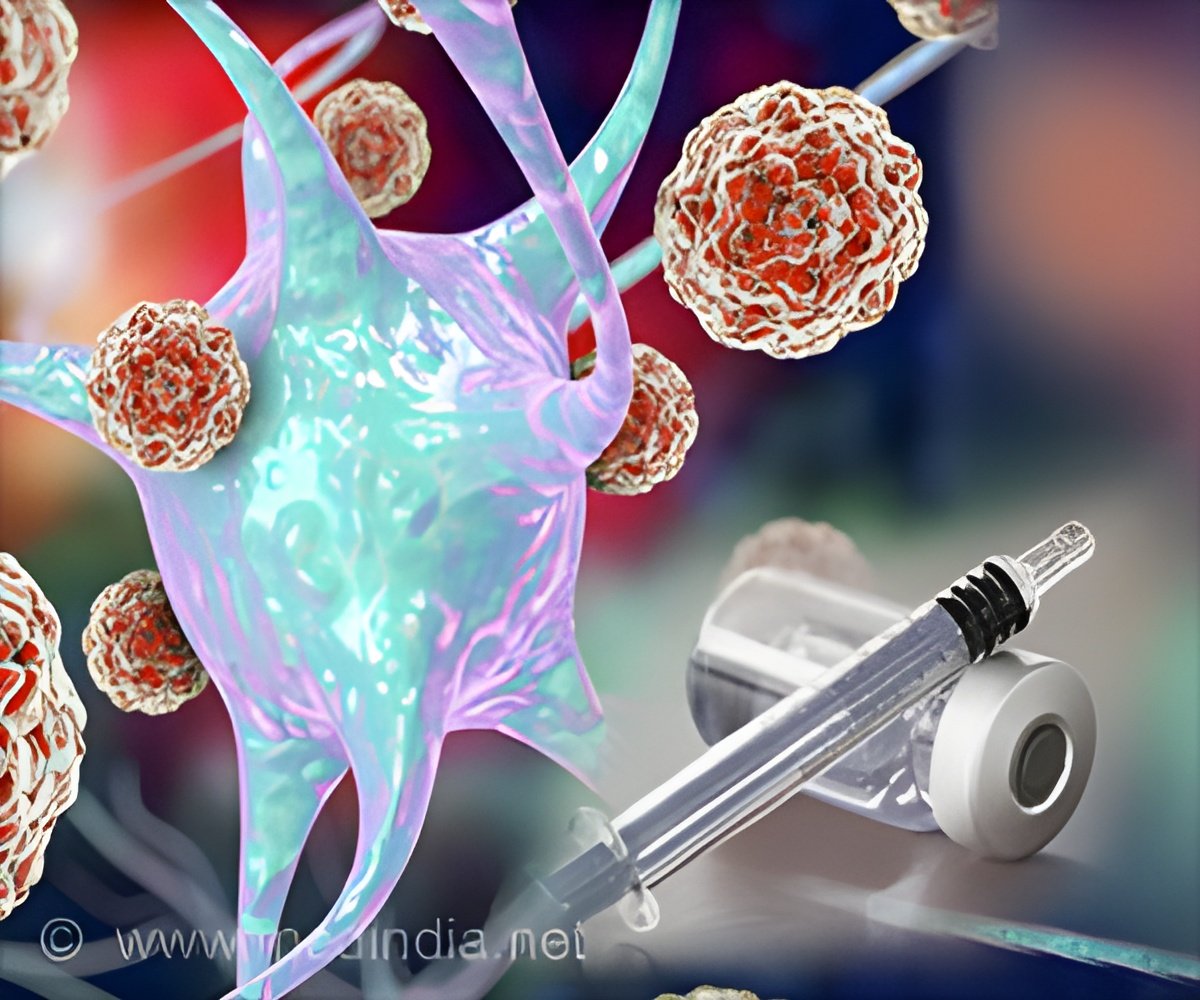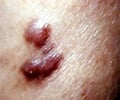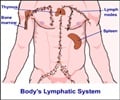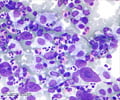Removing two non-essential amino acids serine and glycine in mice slowed the development of lymphoma and intestinal cancer.

- Removing two non-essential amino acids -- serine and glycine -- from the diet of mice slowed the development of lymphoma and intestinal cancer.
- The special diet made some //cancer cells more susceptible to reactive oxygen species, make conventional cancer treatments more effective.
- The diet was less effective in tumors with an activated Kras gene as it facilitates cancer cells to produce its own glycine and serine.
The next stage would be to set up clinical trials with cancer patients to assess the feasibility and safety of such a treatment.
Dr Oliver Maddocks, a Cancer Research UK scientist at the University of Glasgow, said: "Our findings suggest that restricting specific amino acids through a controlled diet plan could be an additional part of treatment for some cancer patients in future, helping to make other treatments more effective.
Professor Karen Vousden, Cancer Research UK's chief scientist and study co-author said: "This kind of restricted diet would be a short term measure and must be carefully controlled and monitored by doctors for safety. Our diet is complex and protein -- the main source of all amino acids - is vital for our health and well-being. This means that patients cannot safely cut out these specific amino acids simply by following some form of home-made diet."
Amino acids are the building blocks that cells need to make proteins. While healthy cells are able to make sufficient serine and glycine, cancer cells are much more dependent on getting these vital amino acids from the diet.
Dr Emma Smith, science communication manager at Cancer Research UK, said: "This is a really interesting look at how cutting off the supply of nutrients essential to cancer cell growth and division could help restrain tumors.
Reference
- Oliver Maddocks et al., Amino acids in diet could be key to starving cancer, Nature (2017).
Source-Medindia















